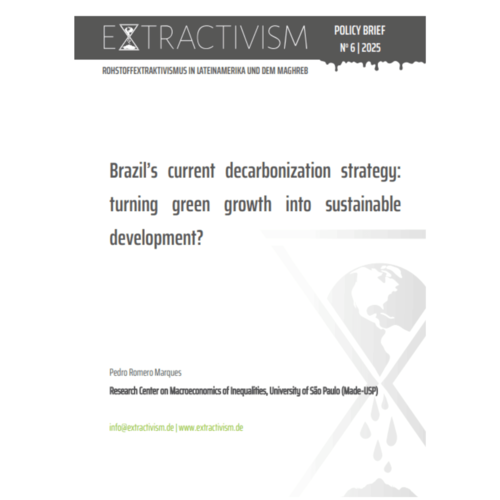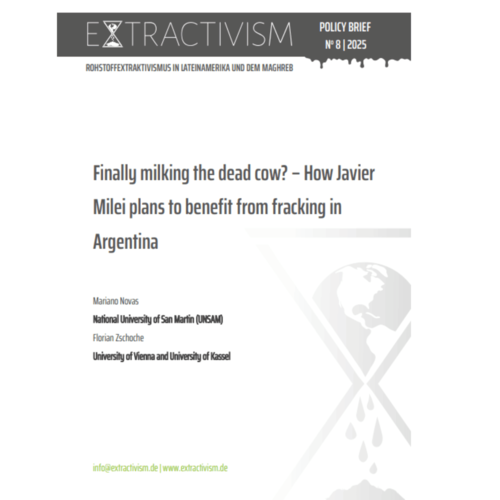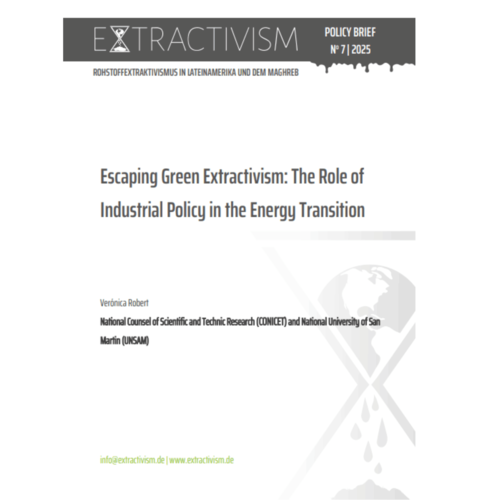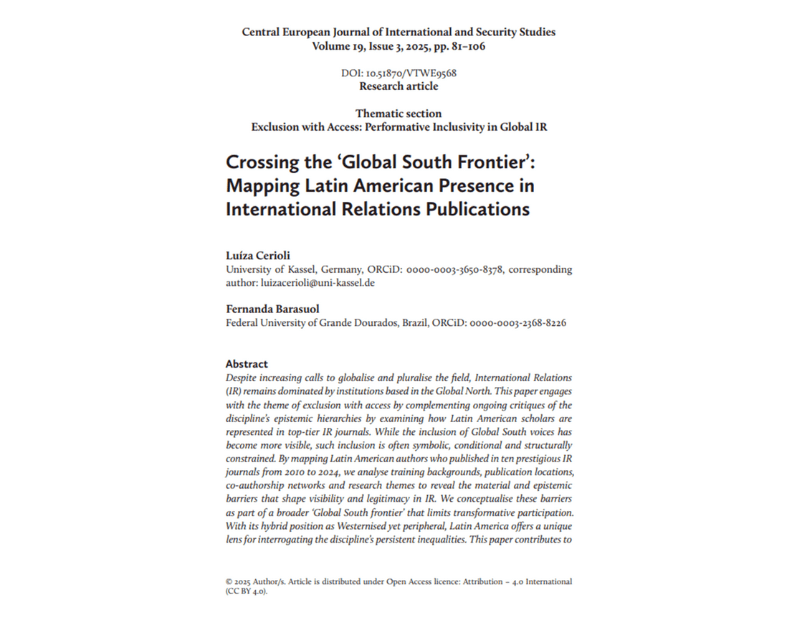This Extractivism Policy Brief 06/2025 shows:
• During Lula’s first mandates (2003-2010), Brazil cut GHG emissions through deforestation control while pursuing growth and lower inequality, addressing an apparent growth–emissions–inequality trilemma.
• The trilemma’s absence reflects Brazil’s specific economic and emission patterns: deforestation-driven emissions respond to regulation, while a largely renewable energy mix keeps energy-related emissions comparatively low.
• Since Lula’s third mandate (2023), Brazil has promoted global decarbonization, linking low-carbon growth to industrial, technological, and social goals, while downplaying key environmental and political economy challenges to maintaining sustainable development policies.
• Reviewing current policies, this brief argues that Brazil’s green transition agenda is more integrated than in Lula’s earlier mandates but still limited, relying heavily on market incentives and uncertain “derisking” outcomes.
The Author:
Pedro Romero Marques is the Research Coordinator at the Research Center on Macroeconomics of Inequalities (Made/USP). He earned his PhD in Economics from the University of São Paulo (Brazil).His current research delves into the specifics of Latin American growth models, investigating the opportunities and constraints of the green energy transition agenda concerning income distribution, structural transformation, economic growth, and policy arrangements. Moreover, he recently collaborated with the United Nations Environment Programme (UNEP) to evaluate the impact of increasing electric mobility on Brazil’s employment structure.
Link to PDF: Download Extractivism Policy Brief 06/2025 (ENGLISCH)



